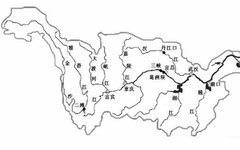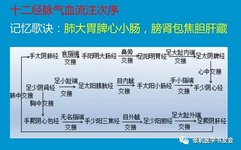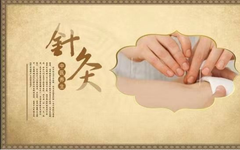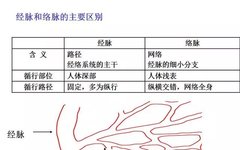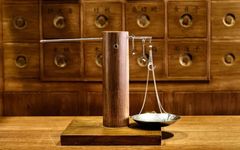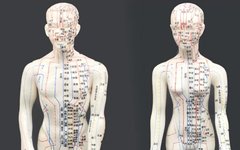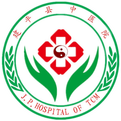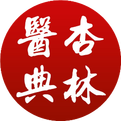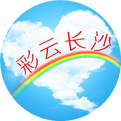What are Meridians?
Meridians (经络) refer to the collective pathways of the body. The term Jing (经) means “pathway” and is synonymous with Jingmai (经脉), which connects the upper and lower parts of the body and communicates the internal and external aspects. Luo (络), also known as Luo Mai (络脉), signifies a network, representing the smaller branches that … Read more

